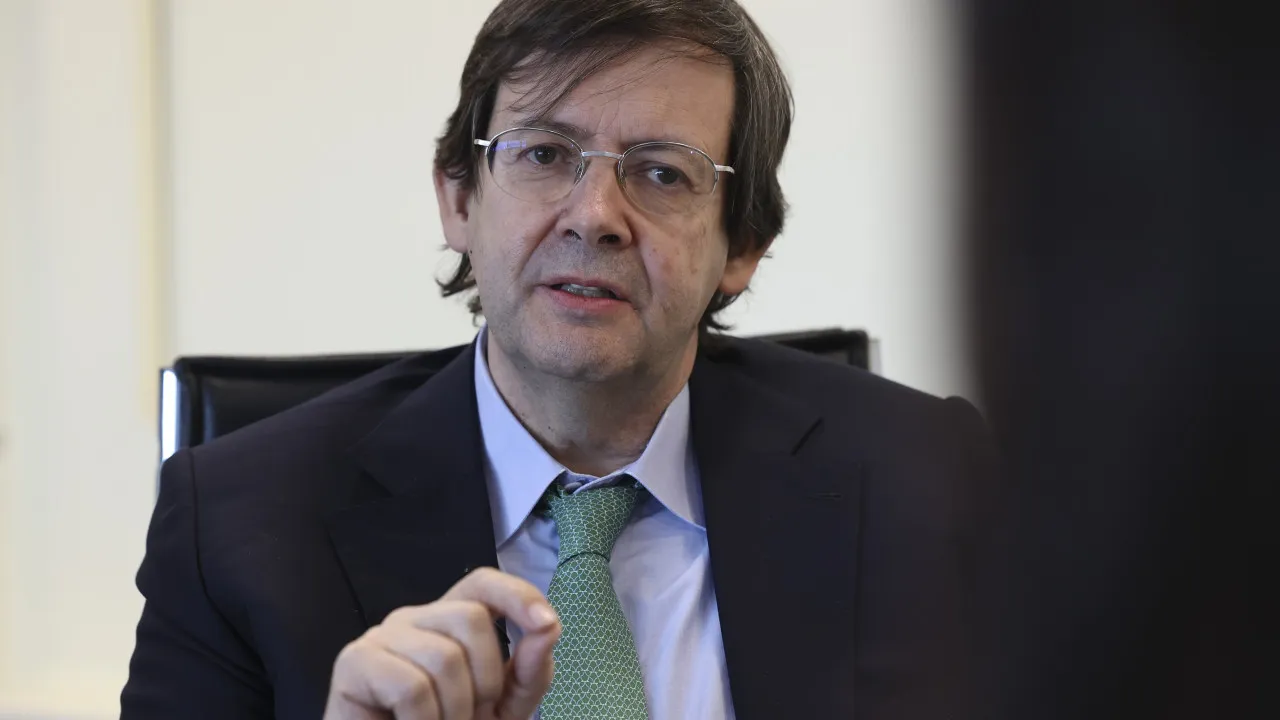
“The extinction of the FCT – the central body for financing science and research in Portugal – raises serious concerns about the continuity and stability of ongoing scientific projects, the predictability of grants given to students and researchers, and the credibility of the national scientific system. The FCT has been instrumental in consolidating academic careers and promoting cutting-edge research, playing an indispensable role in the Portuguese scientific ecosystem,” stated AAUL in a communiqué.
Minister of Education, Fernando Alexandre, announced on Thursday a reform in the Ministry of Education, Science, and Innovation, with the dissolution of several entities, including the FCT, which will be integrated into new agencies.
The reform of the Ministry of Education, Science, and Innovation (MECI) was approved by the Council of Ministers. During a press conference following the meeting, Fernando Alexandre justified the restructuring, describing his ministry as an “anachronistic structure” with fragmented organizations, disintegrated information systems, and uncoordinated governance.
According to the Academic Association of the University of Lisbon (AAUL), the dissolution of the Directorate-General for Higher Education (DGES) “raises particularly severe concerns for students,” as this body, according to the association, “ensures, among other functions, the management of social action grants, the application process to higher education, the validation of study cycles and diplomas, as well as coordination with international institutions.”
“Its elimination, merging the functions of two entities into a single body, the Institute for Higher Education (IES), undermines students’ confidence in the higher education system.” Furthermore, it remains to be explained how the highly specialized technical competencies that DGES embodied will be ensured, and how institutional coordination with universities and polytechnics will be maintained,” it added.
While acknowledging “the importance of rethinking the organization of public administration, particularly with a view to its modernization and debureaucratization,” the academic association flatly rejects “reforms that sacrifice strategic bodies without public impact studies, without procedural transparency, and above all, without dialogue with those directly affected: the students.”
The AAUL argues that “the reduction of entities and the centralization of competences into a limited number of ‘agencies’ requires public scrutiny, lest the technical and scientific autonomy that characterized the now-defunct structures be lost.” The association emphasized that “the future of science, education, and higher education cannot be decided behind closed doors.”
On Thursday, it was announced that the MECI, previously comprising 18 entities and 27 senior directors among non-higher education and higher education services, science, and innovation, will now include only seven entities and 27 senior directors, with the integration of the dissolved entities into new structures.
In Higher Education as well, the new framework foresees the dissolution of two entities – the Directorate-General for Higher Education and the Erasmus+ Agency – which will be integrated into the new Institute for Higher Education, assuming the functions of social action management, internationalization of institutions, and the creation of the European Higher Education Area.




